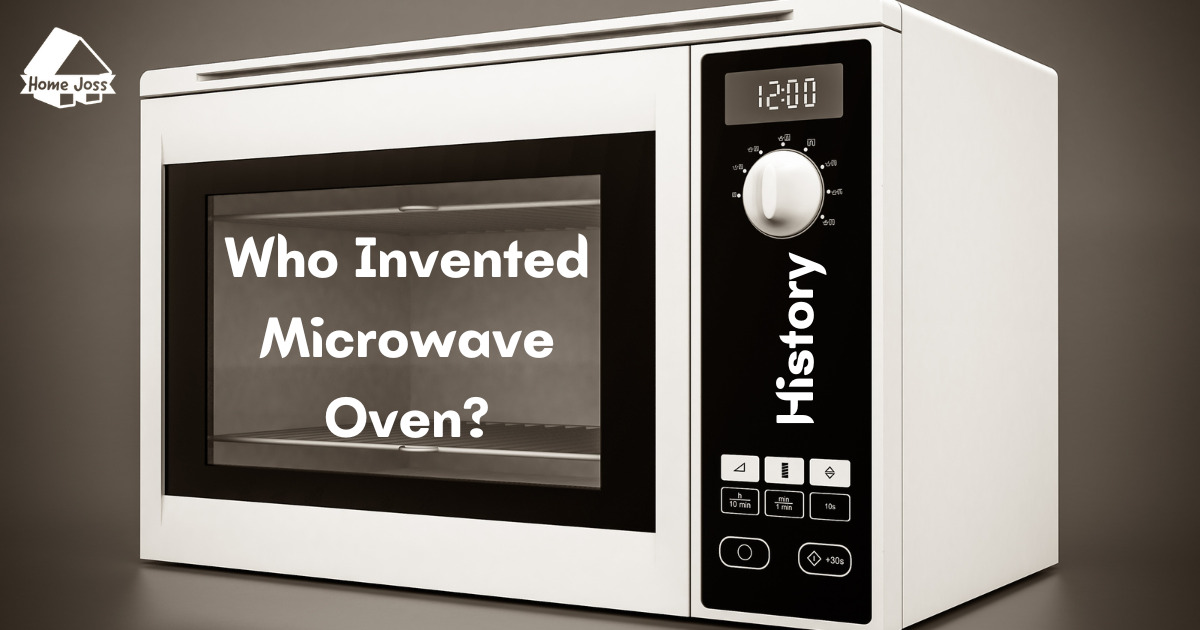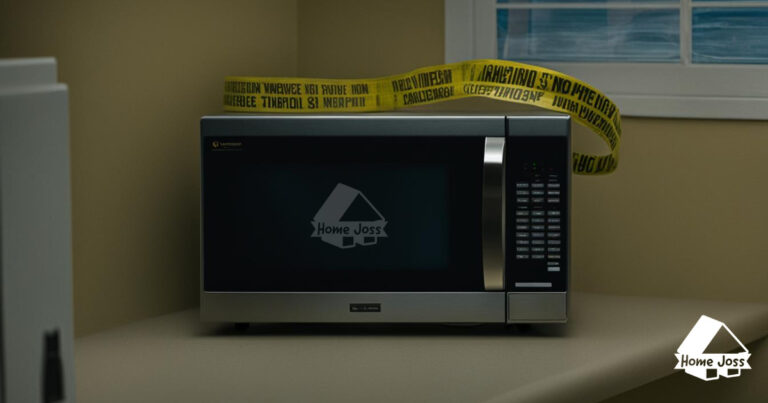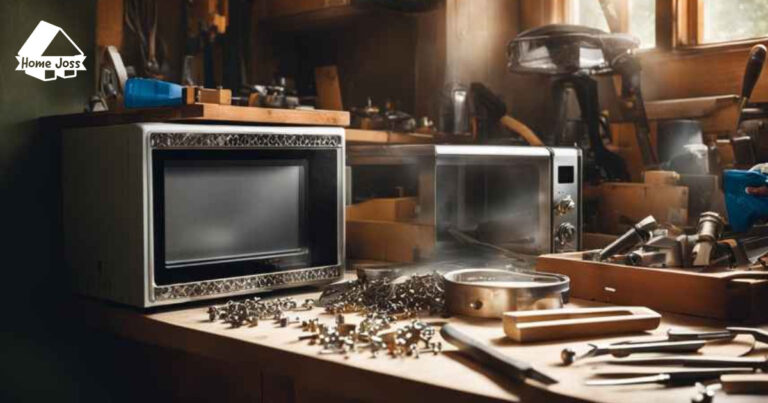In 1945, Percy Spencer, an American engineer, stumbled upon a groundbreaking discovery that led to the invention of the microwave oven. While working at Raytheon, he noticed that microwaves from a radar set melted a candy bar in his pocket.

Accidental Invention of the Microwave
The journey of the microwave oven from a radar technology byproduct to a kitchen essential is both fascinating and unconventional. It began in the labs of Raytheon Corporation with engineer Percy Spencer.
While experimenting with radar technology during World War II, Spencer observed a peculiar incident. A candy bar in his pocket melted while he was testing a magnetron, a key component in radar systems. This incident piqued his curiosity, leading to further experiments with different food items and the realization that microwaves could cook food.
Spencer’s discovery marked an impressive shift in the use of microwave technology. Initially integral to military radar systems, microwaves found a novel application in cooking, thanks to Spencer’s inquisitiveness. Raytheon, recognizing the potential, patented the first microwave cooking oven, named “Radarange,” in 1946.
The first microwave ovens were bulky and expensive and used mainly in commercial settings. It wasn’t until the 1960s that more compact and affordable models made their way into household kitchens, revolutionizing cooking methods.
How Does a Microwave Oven Work?
Microwaves work in a pretty cool way to heat your food quickly and conveniently. Inside every microwave oven, there’s a device called a magnetron. This magnetron takes electricity from the power outlet and converts it into high-powered, radio waves, specifically microwaves.
These microwaves then bounce around inside the microwave’s metal interior until they hit the food. When they reach the food, they don’t just sit there; they make the water molecules in the food vibrate fast.
This rapid vibration creates heat, which cooks the food. That’s why things like soups or foods with a lot of moisture heat up so quickly in the microwave. It’s all about those water molecules getting excited and moving around super fast.
The story of the microwave oven exemplifies the importance of curiosity and observation in scientific discovery. Spencer’s accidental finding and subsequent exploration led to one of the most important kitchen innovations of the 20th century.
The microwave oven’s development from an accidental discovery to a kitchen staple highlights the unpredictable nature of scientific innovation. Percy Spencer’s contribution has profoundly influenced technology and everyday life.






